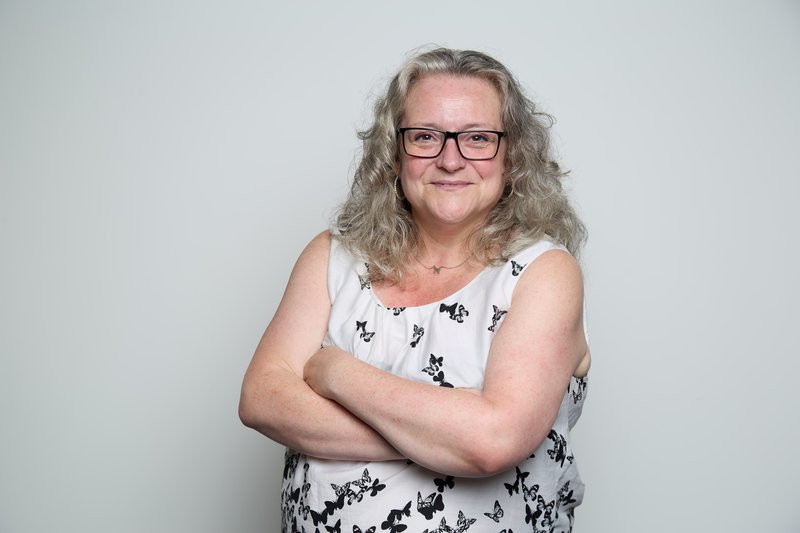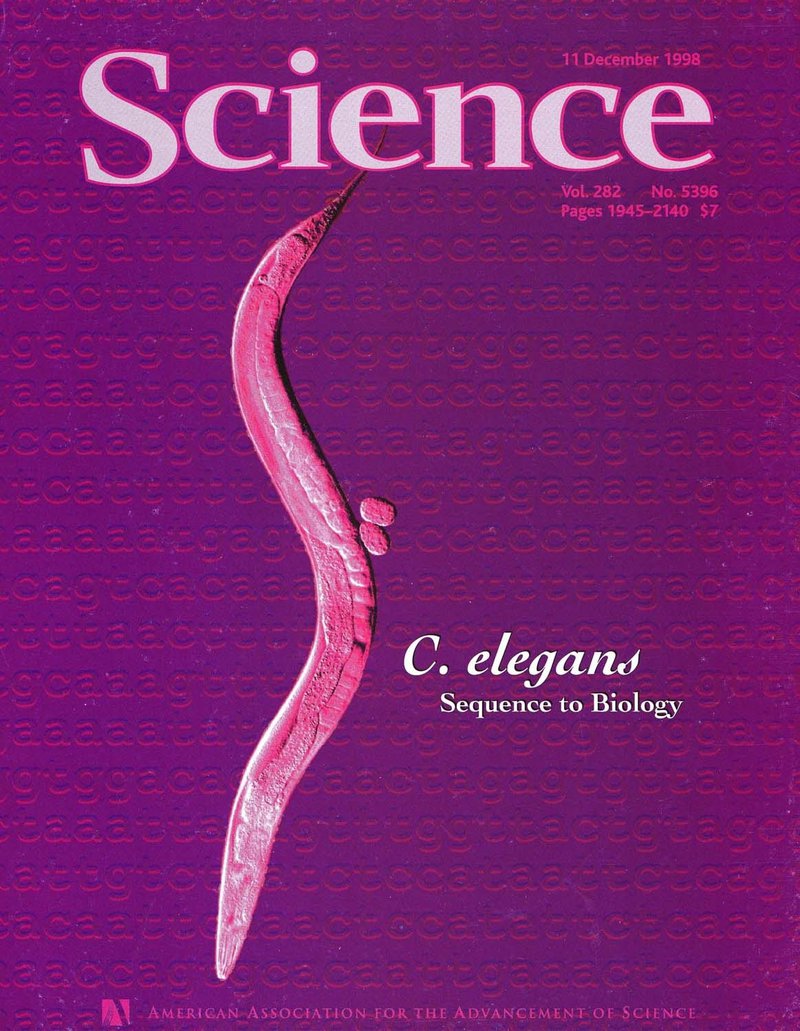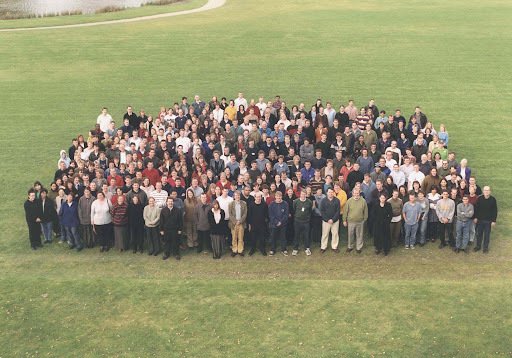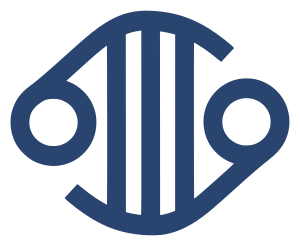Celebrating 30 years of opportunity, evolution and groundbreaking science with COSMIC’s Karen McLaren
19 Dec 2024
As we near the end of 2024, there’s more than just the holidays being celebrated at COSMIC, Karen McLaren (Head of Product and Delivery), has recently marked an incredible milestone: her 30th anniversary working at the Wellcome Sanger Institute. Karen currently leads the evolution of COSMIC’s product management strategy and oversees critical change delivery initiatives, combining her extensive experience in project and product management with a deep background in genomics. Throughout her rich and varied career, Karen has embraced many roles, growing and adapting her skill set to meet the ever-changing landscape of genomic science.
We sat down with Karen to reflect on her time at the Sanger Institute, and how it led to her a successful career in project management within the genomics industry.

What first drew you to The Sanger Institute?
What first drew me to the Sanger Institute was a case of opportunity meeting interest. During my degree, I compared Sanger sequencing with Maxam-Gilbert and concluded that Sanger to be the superior option, though at the time it was limited by cost. It was just two months after this study, a friend happened to spot an advertisement for a Technical Assistant position in the newspaper, clipped it out, and posted it through my door. The science was incredibly new and exciting, and while I was applying for multiple scientific roles, I felt incredibly fortunate to live so close to the exact kind of groundbreaking work I wanted to be part of.
I’ve always believed that you have to take the opportunities afforded to you and make something of them, and that mindset has allowed me to evolve personally and professionally.
From the moment I started, I knew Sanger was special, there was nothing like it anywhere else. In my early days I worked for John Sulston on his C. elegans nematode project, which was an extraordinary experience. You could feel that we were breaking new ground, yet we were being led by an incredibly humble man, which made it all the more inspiring.
What have been your most memorable moments as part of the institute?
There are two moments in particular that stand out from my time at the Institute. First was being in London alongside John Sulston and team when the paper Genome sequence of the nematode C. elegans: a platform for investigating biology was published. A stand out memory from this celebration was a particular quote from Sulston’s speech: This is not the end, just the beginning. The feeling that the entire room truly believed in this potential and the anticipation of what was to come was palpable, it was an incredibly proud moment.

I can’t reflect on my time at the Sanger Institute without highlighting the completion of the first human genome through the Human Genome Project. Nobody had ever done anything like it before, it was a groundbreaking achievement that trailblazed international collaboration. The team at The Sanger Institute in particular played a pivotal role, undertaking and completing 33.3% of the genome, making us the largest contributing lab to the project.
Beyond the scientific accomplishment, the Human Genome Project became a dynamic resource for scientists worldwide, not a stagnant entity. For many, this transition to an open-access model was daunting, but as John Sulston had said during his own work, this was only the beginning. The goalposts were constantly moving, which was both challenging and exciting, and it was this ever-evolving environment that ultimately steered me toward project management.

Can you tell me a little about how your role has changed over the years?
Over the years, my role has evolved significantly as the priorities of the Institute have shifted, and I’ve thrived in this environment while equally enjoying the opportunity to help others adapt to change. As I have mentioned, I started my career as a Technical Assistant working on C. elegans with Sulston, before progressing to Senior Technical Assistant and eventually leading a Human Genome Project team. As my career developed, I led a wet lab team while collaborating with bioinformaticians analysing the data (at the time, this was a relatively new role!).
I’ve always approached challenges with a logical mindset, believing that mistakes are often rooted in processes rather than people, and I thoroughly enjoy working with teams to understand workflows and drive efficiencies. Through this, I’ve found that being data-driven and considering the human element aren’t mutually exclusive; in fact, they complement each other. My career has also seen me take on diverse projects, including managing lab reconfigurations and relocations, overseeing large-scale office restructuring for 150 people, implementing bespoke software and SaaS systems, and leading workforce planning and transformation initiatives, to name just a few.
What are the most significant changes you have noticed over the course of your time here?
Over the course of my time here, I’ve noticed significant changes that reflect both the evolution of science and the workplace. Beyond the cultural shifts that have brought day-to-day operations into the modern world, such as flexible working and a stronger emphasis on work-life balance, the role of sequencing has transformed dramatically. When I started, sequencing was the science, but over time, it became the foundation supporting the analysis, which has now taken center stage. I’ve also witnessed how the landscape of an entire industry can be affected by work happening on just one campus.
What has remained consistent throughout, however, is our commitment to staying modern and ahead of the curve; whether it’s through pioneering science, forward-thinking approaches to people, or continually pushing boundaries in the field.
